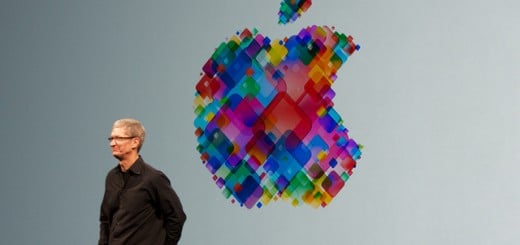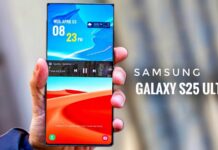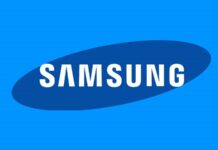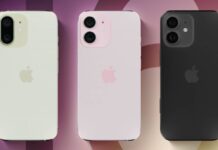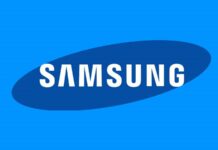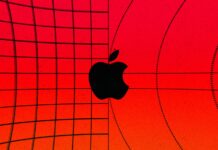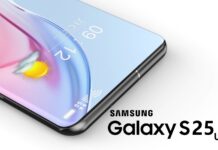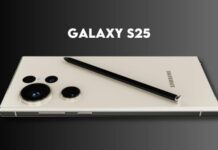Tim Cook is the CEO of the company Apple Lossless Audio CODEC (ALAC), since August 2011 and under his leadership the company seems to become more prosperous and popular than under his leadership Steve Jobs. Cook and Jobs did not always have similar opinions about how Apple should be run, and this it was noticed and when the lawsuit against Samsung, which copies the design of iDevices and develops its own smartphones or tablets, was discussed.
Tim Cook, Jobs' successor as Apple chief executive, was opposed to suing Samsung in the first place, according to people with knowledge of the matter, largely because of that company's critical role as a supplier of components for the iPhone and the iPad. Apple bought some $8 billion worth of parts from Samsung last year, analysts estimate...Apple's worst fears were confirmed with the early 2011 release of the Galaxy Tab, which Jobs and others regarded as a clear rip-off of the iPad.
Cook, worried about the critical supplier relationship, was opposed to suing Samsung. But Jobs had run out of patience, suspecting that Samsung was counting on the supplier relationship to shield it from retribution. Apple filed suit in April 2011, and the conflagration soon spread to courts in Europe, Asia and Australia. When Apple won its blockbuster billion-dollar jury verdict against Samsung last August, it appeared that it might be able to achieve an outright ban on the offending products – which would have dramatically altered the smartphone competition.
Although Steve Jobs wanted a legal war against Android and copycats, Tim Cook did not want to sue Samsung, mainly because the Korean factories produced many components available in iDevices. The decision to sue Samsung came at the beginning of 2011 when Samsung presented the Galaxy Tab, a tablet that looks too much like the iPad, and Jobs decided to file the first lawsuits. From there, everything degenerated into dozens of lawsuits filed globally and the destruction of the relationship between Samsung and Apple, a relationship that the Koreans relied on to defend them against the actions of the Americans.
The memory market in 2005 was extremely unstable, and Apple wanted to lock in a supplier that was rock-solid financially, people familiar with the relationship said. Samsung held about 50 percent of the NAND flash memory market at that time. "Whoever controls flash is going to control this space in consumer electronics," Jobs said at the time, according to a source familiar with the discussions.
The decision to collaborate with Samsung from the very beginning came when Apple made the decision to use nand flash in iDevices, the Koreans controlling half of the global market for these devices. In the end, the decision to collaborate with them was not a random one, and now Tim Cook can no longer stop the processes that Jobs started.


